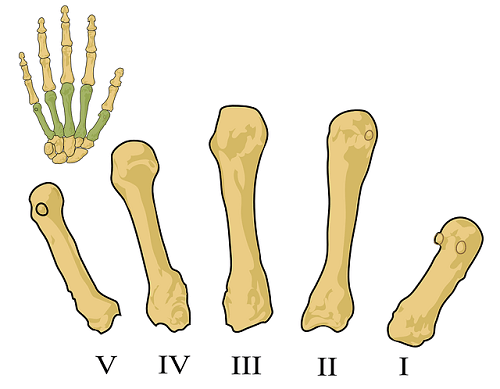 Are you a senior who is no longer able to drive or a family caregiver who helps care for one? For older adults, lack of transportation can lead to social isolation and poor health outcomes that result from being unable to readily make doctor’s appointments, buy healthy groceries, or pick up prescriptions. Being able to get around safely helps seniors remain independent and can play a role in keeping them out of long-term care facilities and in their homes longer.
Are you a senior who is no longer able to drive or a family caregiver who helps care for one? For older adults, lack of transportation can lead to social isolation and poor health outcomes that result from being unable to readily make doctor’s appointments, buy healthy groceries, or pick up prescriptions. Being able to get around safely helps seniors remain independent and can play a role in keeping them out of long-term care facilities and in their homes longer.
If you are looking for affordable transportation options for senior citizens, don’t miss this quick guide:
Community Senior Transportation Programs
Did you know that the federal government requires local eldercare and senior assistance programs to develop programs and opportunities that offset the burden seniors experience with finding safe transportation? The Federal Transit Authority gives formula funding to states so they can help nonprofits tackle the problem of making sure seniors and people with disabilities have access to adequate transportation.
Senior Rides and More! and H.E.R.O. (Helping Elderly Residents Out) are great examples of volunteer-powered organizations that help provide free rides for seniors in Houston. To find out what free ride services are available near you, contact your area agency on aging or your local United Way.
Paid Care Workers Who Provide Transportation
If you are aging in place, have you thought about hiring a private caregiver to help with activities of daily living like cooking, cleaning, dressing, exercising, finances, etc? Turns out some private caregivers also provide transportation services for an hourly charge.
Use sites like Care.com to find private caregivers for needs that fall outside of what health insurance will cover and make sure to ask whether they can help provide rides, i.e. to the grocery store, pharmacy, or doctor’s office, when interviewing potential candidates. And don’t forget to take into account the type of car and how difficult it is to get in and out of it too.
Ride-sharing Apps
What if hailing a ride was as easy as your loved one tapping a few buttons on their smartphone? That is what it is like to use ride-sharing apps like Lyft and Uber. Unlike traditional taxi cabs, these types of ride-sharing services save payment information securely in the app and allow you to request a ride, input a destination, and see which driver will be picking you up with information about the car. When you arrive at your destination, no need to fumble with money to pay the driver - it automatically goes through the app.
If you or your loved one have difficulty managing a smartphone, no worries! Services like GoGoGrandparent allow you to call for a ride from one of these ride-sharing services; plus, they send text messages to family members/caregivers to keep everyone in the loop.
Discounted Public Transportation
If your city or country has accessible public transportation, chances are they offer discounted or even free passes to older adults. Many older adults who don’t drive either do so by choice or because they are no longer able to operate a vehicle due to medical or mobility problems. This doesn’t necessarily mean though that they are not self-sufficient or cannot ride public transportation on their own.
Houston offers a 50 percent discount on their city buses and metrorail, for example, for Medicare card holders, seniors 65 to 69, as well as for persons with a disability. For seniors over 70 and decorated veterans or veterans with a disability, ride fares are totally free.
Health-insurance Covered Senior Transportation
One insight that health insurance providers have discovered is that seniors without adequate transportation are more likely to experience negative health outcomes. Missing important activities like doctor’s appointments, physical therapy sessions, doctor-ordered tests and labs . . . all of these things can result from the inability to get around with ease. That is why some state Medicare programs have started providing covered non-emergency medical transportation services.
Companies like Veyo work with health insurance providers and patients to coordinate transportation for non-emergency medical needs. They use the data they collect to help providers and transporters all work more efficiently to improve patient health and wellness.
Additional Thoughts
Getting out and about doesn’t always have to mean using a car to run errands. For many older adults, simply going outside for a walk, for exercise, or to spend time with a friend can enhance their day. Motorized mobility aids like 4-wheel scooters are a great option for seniors with mobility limitations. If this sounds like you or your loved one, talk to your doctor today or look online to initiate the process of getting a motorized scooter to allow for more excursions outside of the home.
Article written by Vive Health


Comments